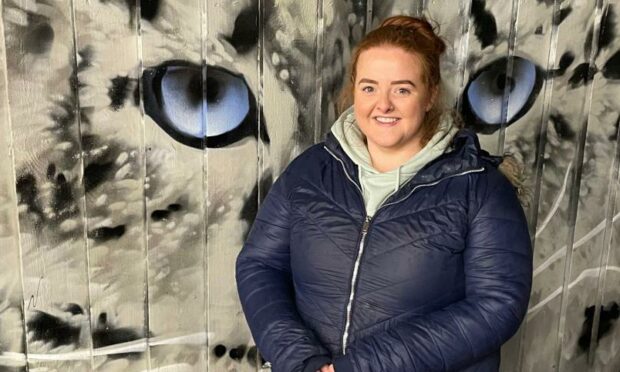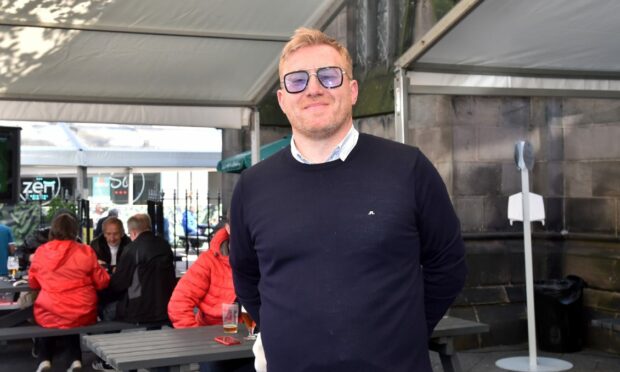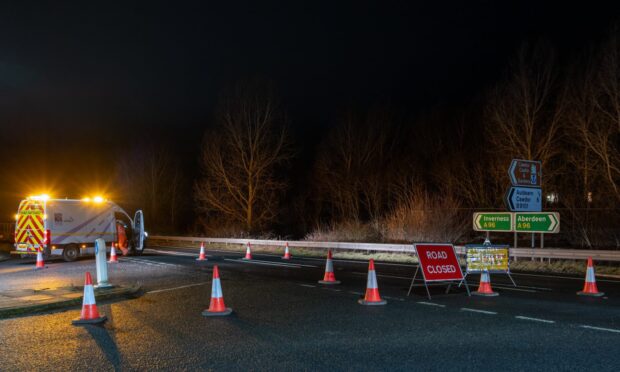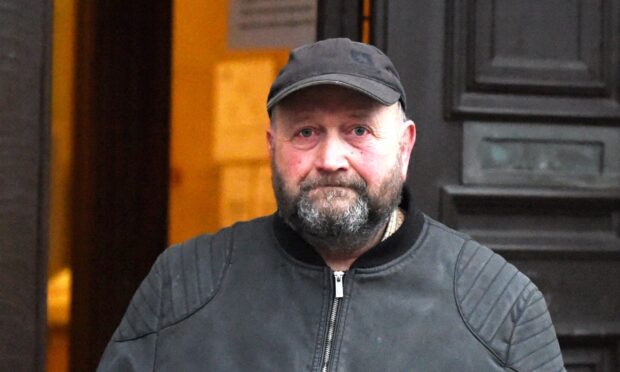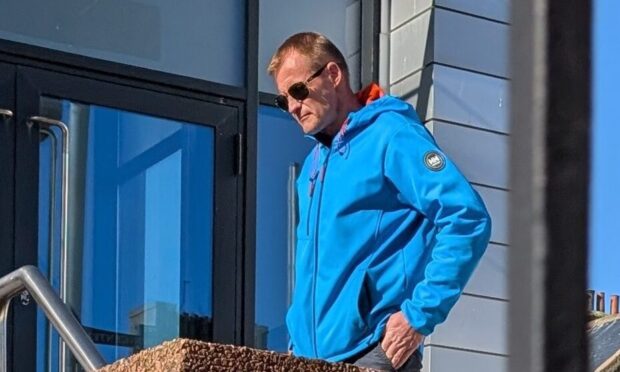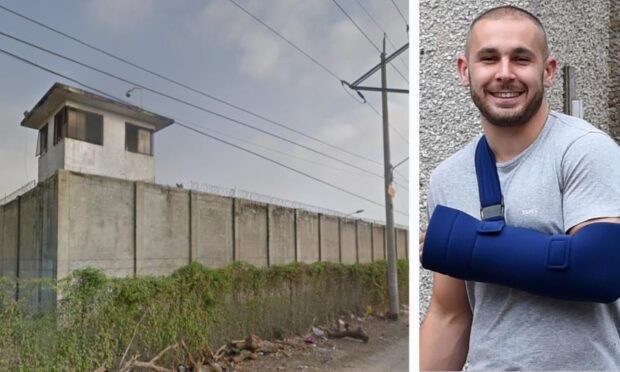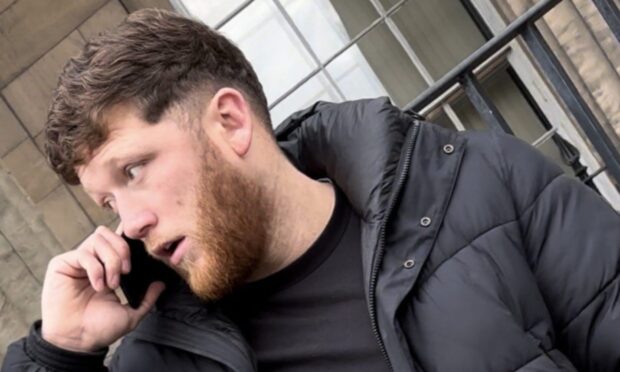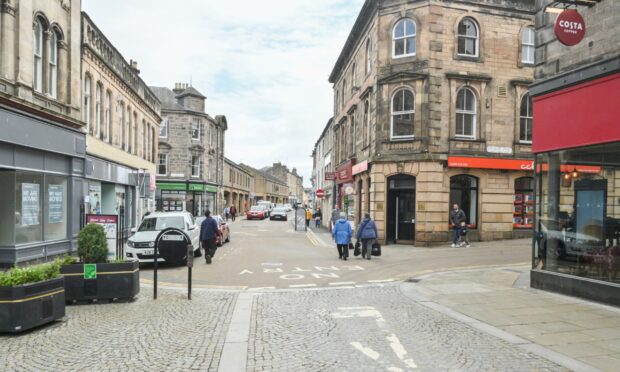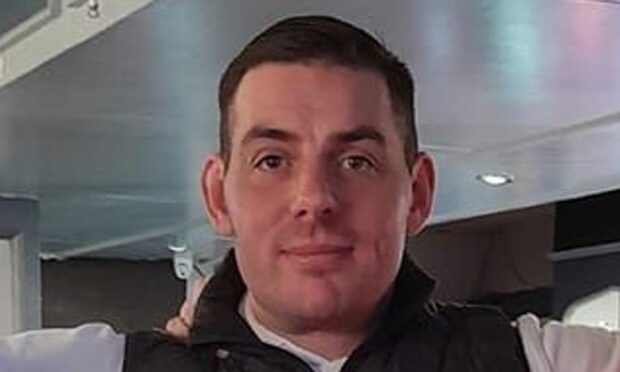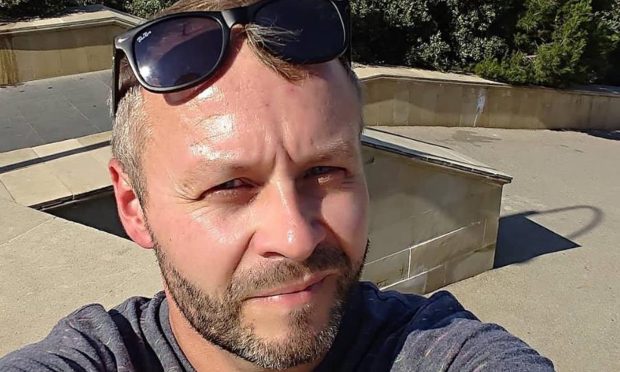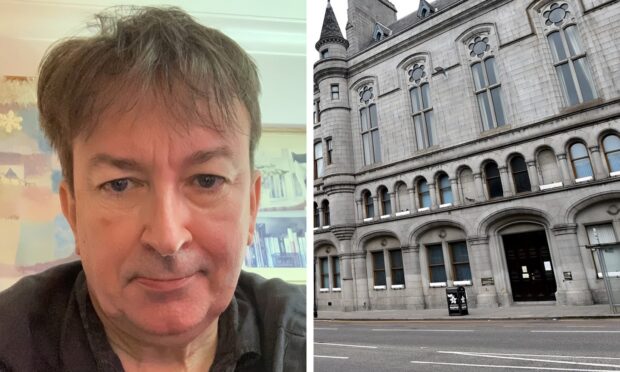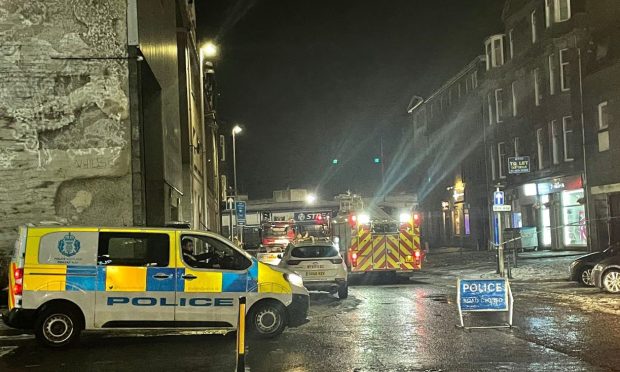World Children’s Day was on Saturday, November 20 and is celebrated each year to promote international togetherness, awareness among children worldwide, and improve children’s welfare.
It also marks the anniversary of the United Nations Convention on the Rights of the Child.
Police Scotland and community planning partners are working closely together on achieving UNICEF Child Friendly City status. In practice, this means Aberdeen is a city in which the voices, needs, priorities and rights of children are an integral part of public policies, programmes and decisions.
The vast majority of young people within Aberdeen will go their entire youth and adulthood without coming to the attention of police, however, a small number require our intervention for a number of reasons and it is important we get this approach correct.
As an Early Intervention worker, I work with young people across Aberdeen city, who are either coming to the attention of the police for anti-social behaviour/low-level offending, or referred to me by partners, such as social work or schools, due to concerns about their behaviour.
‘I greatly enjoy the role I have connecting with young people’
The work I undertake ultimately aims to reduce the risk of a young person reoffending and improve their welfare by educating and encouraging them to take responsibility for their actions and gain an understanding of the impact that their behaviour has had on those directly involved and their local community.
I wanted to explain what I do and how I do it, as many people may not know about my role in Police Scotland.
Before I do, however, I want to stress that the work of my department, in terms of intervention, is only undertaken when an individual shows a willingness to engage and make more positive life choices.
In all other cases, we will continue to carry out all the necessary enforcement activity and ensure that any young person intent on recidivist offending, goes through the full criminal justice process.
I am one of the diversionary options available to Police Scotland’s Youth Justice Management Unit, which provides the majority of my referrals for young people who have been charged.
‘I help to empower and encourage young people without stigmatising them’
There are various forms this intervention can take, for example:
- Engagement/warning Letters – When a young person has had engagement from police officers on patrols and had positive engagement, this enables parents to know their child has been spoken to and details taken and there is no cause for concern. Should the young person become involved in anti-social behaviour and this is recorded by the police, a warning letter is sent to their parents (if under 16) or them directly (16-17) informing them of the details of the incident.
- Home visit – This would involve myself, local officers, the young person and their parents. We would discuss what happened and explain the potential consequences of continued antisocial behaviour. Individual support would be offered and other universal or specialised supports and diversionary activities would be explored with the family and young person at this stage. Individual support would be in the form of working on a one-to-one basis with the young person on issues affecting them and impacting their behaviour. Such issues may include, anger management, self-esteem work and alcohol and substance misuse.
- Acceptable behaviour contracts (ABC) – If a young person is continuously involved in antisocial behaviour then an ABC can be drawn up with the young person and the person affected with the aim to encourage the young person to acknowledge that their behaviour is unacceptable and make positive changes.
These are just some of the options available. I can work with them for a one-off session or a number of times over the course of several months. However this isn’t intended to be long-term intervention and is purely to address the reason for the referral.
I greatly enjoy the role I have connecting with young people and feel it is a positive contribution to the future of our communities.
I help to empower and encourage young people without stigmatising them. I promote the benefits of young people and partners working in collaboration and realise the potential for change when young people are meaningfully involved in decision making.
To find out more about our work with children and young people, have a look here on our website.
We also have a Youth Hub page on our website specially designed for young people.
For all the latest court cases in Aberdeen, as well as the latest crime and breaking incidents, join our new Facebook group HERE.
